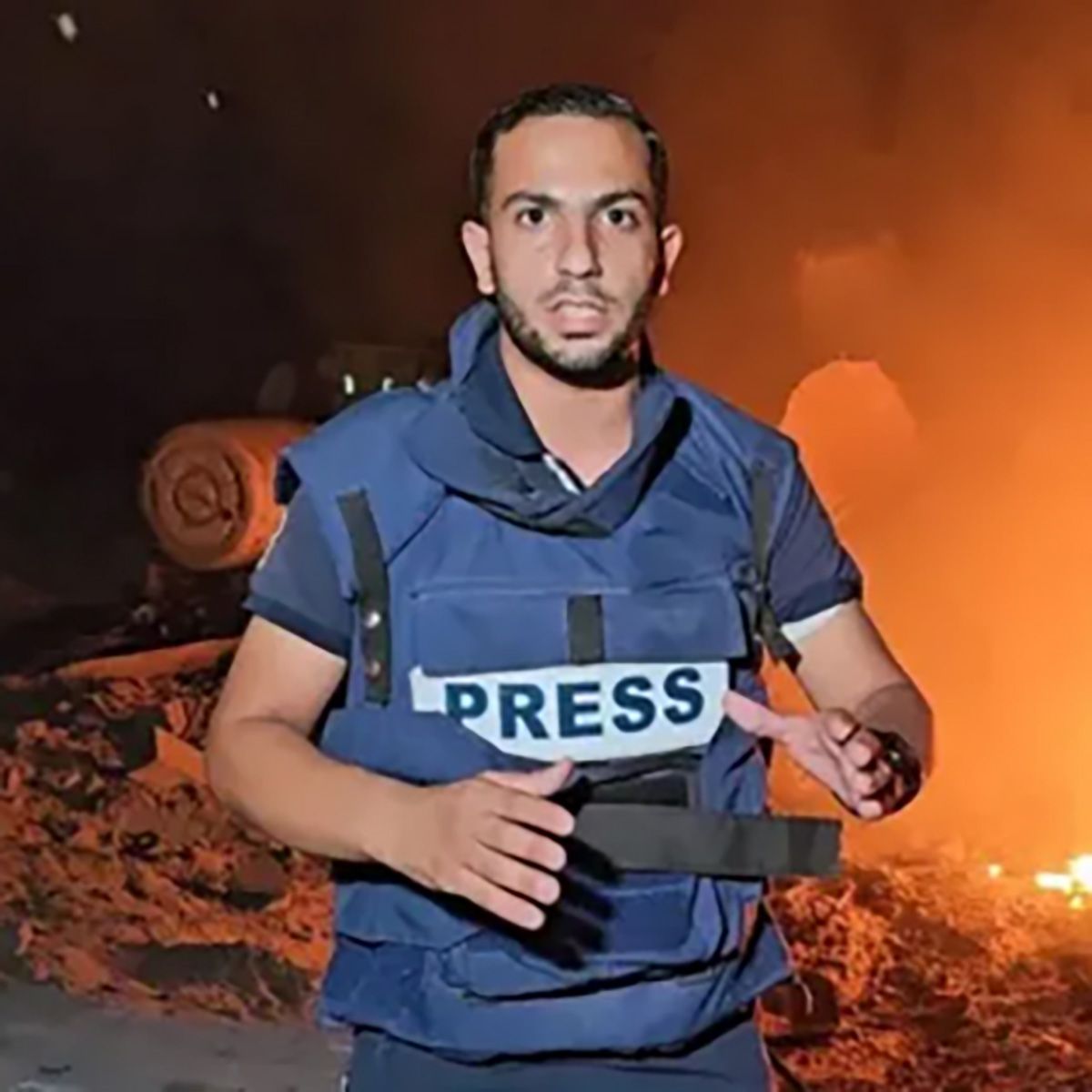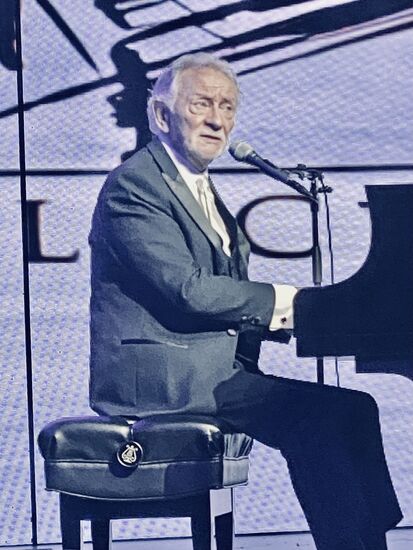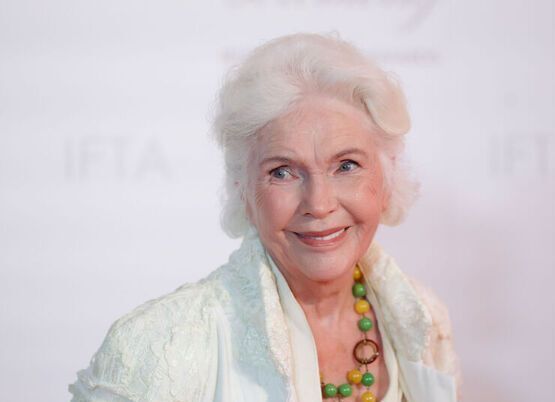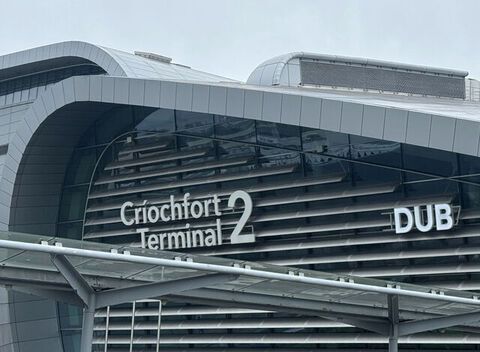President Michael D. Higgins will soon be taking his leave from the Irish presidency and with his absence there will be a verbal void to fill.
Higgins can be long winded but his words have always carried weight. A recent statement was especially weighty, and appropriately so because he was talking about actual words, language.
He said: “In the struggle to achieve democracy, to recover democracy or to make it more inclusive, language is perhaps the most important tool we have.
As Vaclav Havel has said, words can seek freedom but they can also kill - ‘they are capable of being rays of light in a realm of darkness’ but ‘they are equally capable of being lethal arrows’.
"Too many in Europe have stayed silent and, however late they break their silence, don't reach for the words that are appropriate to what is happening.
"In reacting to the horror that is a daily occurrence in Gaza, and now threatening the West Bank, some leaders seem unable to use an appropriate language to express what is taking place – be it the starvation of hostages held in Gaza or the condemning of young children to a slow death by malnutrition.
A comprehensive breach of international law in all its aspects. "Shockingly, more than 200 journalists, those whose words provide immediate reports of the devastation, have been killed.
I agree with those leaders, such as President Macron, who are now acknowledging the reputational damage to the European Union.
Europe will find it very difficult to repair the damage that has been done by a lethargic response that has tolerated impunity.
"For example, on 15th July a set of measures were announced as having been agreed that would allow humanitarian relief. How many have died since 15th July?
How many children have been put into an irrecoverable place?
"As somebody who has lived by language all my life, it saddens me to have to say that even an appropriate language has also become a victim of this conflict.”
And what if all the journalists reporting the war are killed? No appropriate language, indeed no words of truth at all.
They say that truth is the first casualty of war. Certainly truth struggles for air as the war of arms is joined by the war of words.
We saw this recently with the killing of Al Jazeera journalist Anas al-Sharif, who was killed in a targeted Israeli airstrike on a press tent in Gaza City on August 10.
The attack, beside a hospital, also killed four of his Al Jazeera colleagues and two other people. Israel claimed that al-Sharif, a co-winner of a Pulitzer Prize, was a member of Hamas.
This was widely denied, by Al Jazeera, the Committee to Protect Journalists, and others. A few days later another group of journalists was killed in the so-called "double tap" strike on Nasser Hospital in Gaza City.
But this, the Israeli authorities said, was a mistake. It's hard to be so certain one minute, and so ignorant the next. But we've seen this kind of playbook before.
During the dark days of the Troubles the British army not infrequently gunned down people in Northern Ireland, Catholic mostly, and followed up with the "IRA Gunman" or "Gunmen" line.
And years later we would be told something that we already knew. That it was all lies. That the people who died were entirely innocent.
Conflicting sides in wars battle to get their versions of the truth out first, and as widely disseminated as possible.
Often it is neutral parties or agencies, years later, that finally adjudicate the actual and full truth of the matter.
It might be some years before some body or commission - perhaps even a truth championing Israeli entity - comes out with a declaration that Anas al-Sharif was just a journalist, a brave journalist, doing his job and paying the ultimate price, like his more than two hundred press colleagues.








